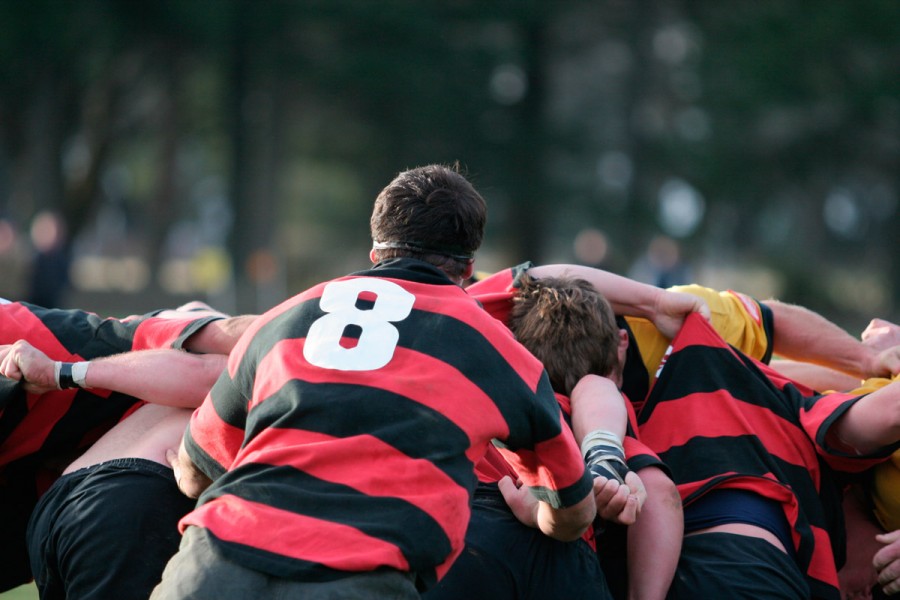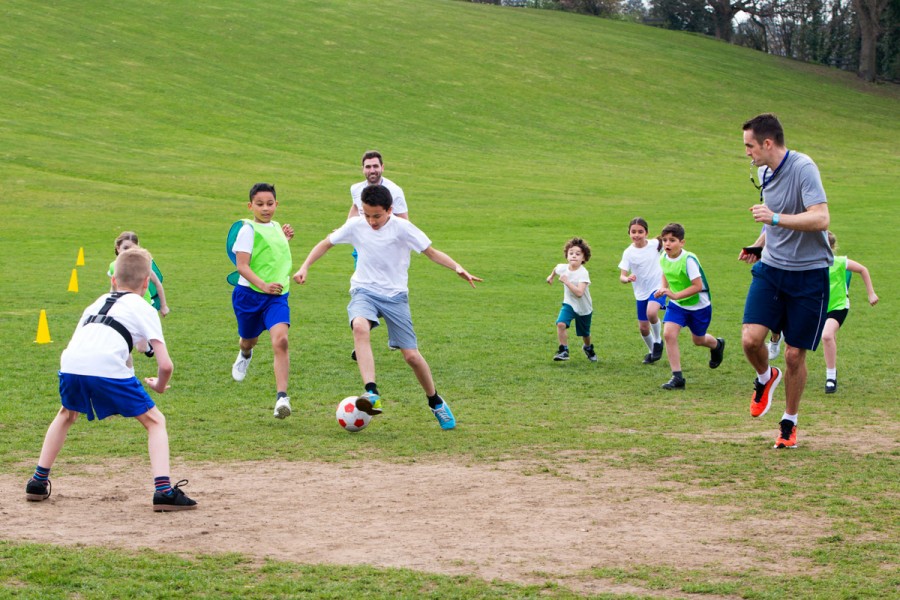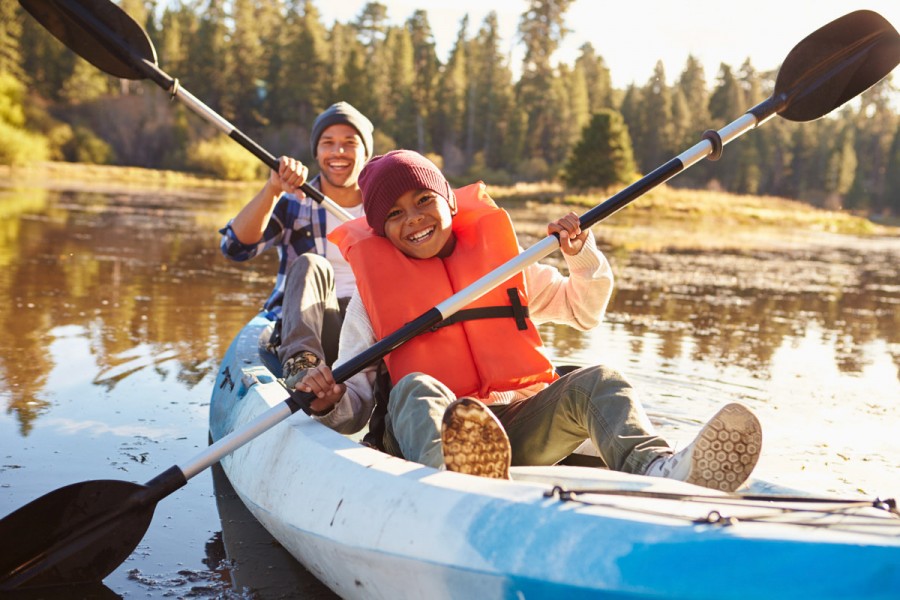Health and physical education – classroom activities
Ideas on how to relate health and physical education teaching to future careers and life beyond school.
What's on this page?
- Activities for Year 7 upwards
- Activities for Year 11 upwards
- Activities for all ages
- School-wide activities
- Classroom discussion points
- Education outside the classroom
- Planning questions
- Teacher reflection questions
- Linking career education to the health and physical education curriculum
- Careers New Zealand website links
- External website links
In health and physical education, students learn about their own wellbeing, and the wellbeing of others.
By building career-related activities into your curriculum area you are helping your students to develop the understandings, skills and attributes that they need to make positive career decisions throughout their lives.
Activities for Year 7 upwards
- Display the Where to? posters for your subject area. You can download these below.
- Encourage critical thinking by continually relating in-class learning to out-of-class contexts.
- Allow students time to write in their learning and career plans about the skills they are learning in their subject.
- Set library research activities that include using this website to find out about occupations related to health and physical education.
- Explore the idea of safety in the workplace by having a discussion about high-risk and low-risk occupations.
- Create discussion about the physical abilities required for a range of occupations.
- Encourage students to use the Internet to research their role models’ career paths.
Use this website to find a number of health and physical education-related occupations for your class. Ask students to each pick one occupation and then research it by:
- interviewing a famous person, or someone they know, who is in that job
- finding information on the Internet
- asking family/whānau if they know a person in the occupation who would be willing to talk about their work
- texting CAREER to 434 to get a career information pack posted to them.
Activities for Year 11 upwards
- Encourage discussion about occupations that focus on the well-being of others, specific sporting areas, or nutrition.
- Ask students why they have chosen this subject, what skills they bring to it, and what skills they will develop. Then discuss how these skills and interests could be transferred to the outside world.
- Encourage students considering STAR or Gateway to select courses or work experience that match their skills and interests.
- Help students to develop people skills by encouraging them to become mentors for junior students. Get students to identify the skills they will be developing by doing this, and what occupations require these skills.
- Set homework activities that involve the students interviewing people in health and physical education jobs.
- Encourage students to record their skills and achievements in their CVs, using the CV Builder tool on this website.
Activities for all ages
- Invite guests from the community to speak about their career pathways.
- When developing research topics, try to include careers content. For example, research 10 health and physical education-related occupations that would be involved in the next Rugby World Cup.
- Discuss why personal health and well-being (hauora) are important, and how they can have an impact on work.
- Provide opportunities for students to develop positive self-esteem, presentation and appearance by practising interview skills through mock interviews (eg, applying for a part-time job in a sports retail shop).
- Discuss with students how they will contribute to healthy communities and environments as adults.
- Create a careers corner in your classroom. This could feature subject/occupation-related posters, tertiary posters, magazines and books that are related to your subject area, and newspaper articles.
- When doing out-of-classroom activities try to link careers content to each activity. For example, when visiting a work setting, have a set of questions students can ask about occupations and career pathways.
- Consider what school-wide initiatives, such as sports days, or major sports events, such as Olympic games, could be used to encourage students’ careers thinking.
- Make the most of your students’ favourite medium. For example, create an exercise involving mobile learning. Ask students to text someone about something that is relevant to what they are doing in class. (For example, they might text a family member to ask what they think about the importance of fitness in the workplace.) This could also be an inter-class texting session. Ask students to text another student identifying three skills the latter has in your subject area.
- Use role play to explore good and poor safety habits in the workplace, and the difference between good and poor body movement, and how this can affect the workplace. For example, discuss the effects of sitting at a computer for long periods without breaks.
- Encourage students to text or email Careers New Zealand and ask for information on a particular industry, occupation or course of study.
School-wide activities
A wide range of activities will take place in your school during the year. Consider how you can incorporate career education into them. Event examples are:
- sports events
- school fundraising
- meal times at the school canteen
- community events
- Matariki
- kapa haka
- career expos.
Classroom discussion points
Take five minutes at the end of a lesson to have a discussion about careers, or set homework on a careers topic. Questions you could ask include:
- Which jobs can be related to health and physical education?
- Why are personal health and well-being (hauora) important when job hunting?
- Which jobs require a high level of fitness?
- Who could you talk to if you wanted to find out about becoming a...?
- Why is nutrition important to sportspeople? Who could sportspeople go to for nutritional advice?
- What occupations that aren't sport-related require a high level of fitness?
- Why is a netball coach similar to a doctor? (You can use other occupation combinations.)
Education outside the classroom
- Invite your careers adviser to the Year 13 camp and ask them to run a careers session.
- Start a discussion by asking, ‘When planning a school camp, what skills are required? How could they be used in the working world?’
- Ask students to question people involved in school camp, such as instructors, about their career paths.
Make the most of parent support by developing questions for students to ask their parents. Questions could include:
- Can you tell us about your career path?
- What is a typical day like in your current job?
- Do you enjoy the work you do? Why?
- What advice do you have about leaving school and preparing for the world of work?
When on a school camp, do a careers-related game or activity such as:
- charades – using a list of occupations from this website
- twenty questions – ‘What’s my job?’
- interview role plays
- debates using career-related topics.
Planning questions
- What occupations link to my subject? Do I know anyone involved in these occupations who I could invite to visit students as part of my teaching programme?
- What research topics could my students cover that would help them explore health and physical education-related careers?
- What mediums can I use? What resources are out there for me?
- What unit standards could I cover using careers-related material?
- Can I link what I’m doing with other curriculum areas? Who would I need to discuss this with?
- How can I make the most of my school’s careers adviser?
- How can I make sure that I am being inclusive of Māori and Pasifika world views?
Teacher reflection questions
- Do I have an up-to-date understanding of the importance and use of the skills I teach in this subject in the workplace? If not, how could I brush up on that knowledge?
- Do I have support from senior management? How can I get this?
- What combination of subjects are my students taking? What is their rationale for this? How can I better help my Year 10 students during subject choice time?
- Am I encouraging students to reflect on the relevance of their learning to their options post-school?
- Have my students set clear goals? What other skills do they need to develop on top of health and physical education for them to achieve their goals?
- How can I make the most of school events such as parent evenings?
- What do parents know about career pathways related to health and physical education? How could I help parents improve their understanding of this?
- What activities could I incorporate with careers expos?
Linking career education to the health and physical education curriculum
Here are some of the objectives from the health and physical education curriculum that can be related to career education.
Level 4
Movement concepts and motor skills
Positive attitudes – demonstrate willingness to accept challenges, learn new skills and strategies, and extend their abilities in movement-related activities
Level 5
Relationships with other people
Identity, sensitivity, and respect – demonstrate an understanding of how attitudes and values relating to difference influence their own safety and that of other people.
Level 6
Healthy communities and environments
People and the environment – investigate the roles and the effectiveness of local, national, and international organizations that promote well-being and environmental care.
Personal health and physical development
Safety management – critically analyse dilemmas and contemporary ethical issues that influence their own health and safety and that of other people.
Careers New Zealand website links
Find out more about these health and physical education-related industries:
External website links
- NZ Army website - information about careers in the Army
- HealthEd website - a list of resources available for health-promoting schools
- Te Kete Ipurangi website - make your school a healthy place
- Ministry of Health website - NZ health statistics
- NZ Institute of Sport website - careers and training in sport and fitness
- Smokefree website - Introduction to smokefree schools
- Sport NZ website - sport and fitness-related organisations and projects
- Skills Active website - information about sport, fitness and outdoor recreation
Updated 18 Sep 2025


